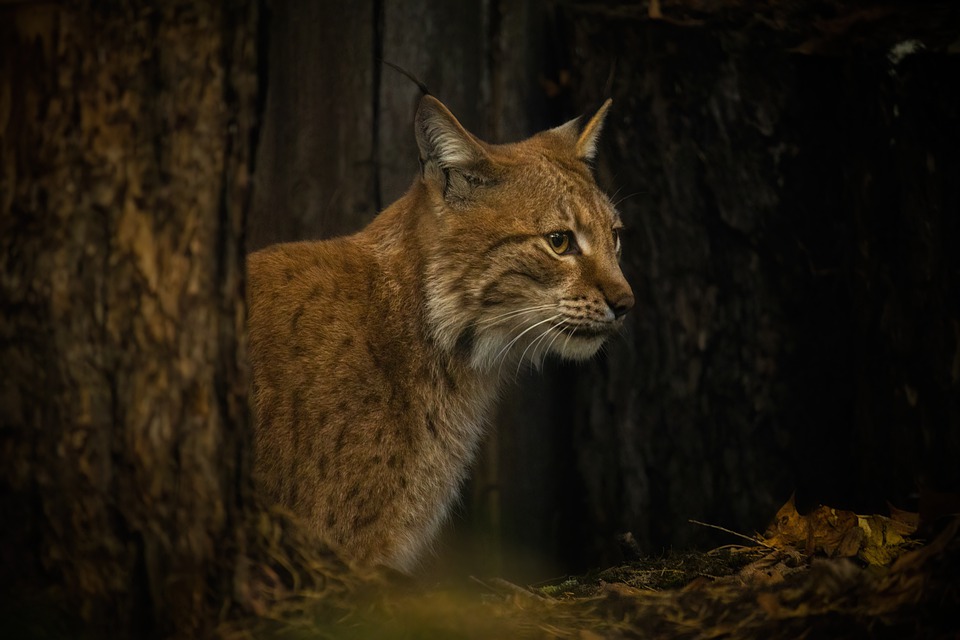Maintaining good dental health is crucial for our feline friends. Just like humans, cats can also suffer from various dental issues such as gum disease, tooth decay, and bad breath. While regular brushing and professional dental cleanings are essential, a cat’s diet plays a significant role in promoting oral health. In this article, we will explore the best foods for cat dental care and provide answers to commonly asked questions about feline oral hygiene.
Understanding the Importance of Diet in Cat Dental Care:
Periodontal Disease in Cats:
Periodontal disease is one of the most common dental issues in cats. It occurs when bacteria in the mouth form plaque, which eventually hardens into tartar. Tartar buildup leads to gum inflammation, tooth decay, and even tooth loss if left untreated. Diet plays a crucial role in preventing and managing this disease.
Impact of Diet on Dental Health:
A cat’s diet can affect their dental health in several ways. Chewing dry kibble can help remove plaque from teeth, while certain nutrients can strengthen tooth enamel and support gum health. Additionally, some foods are formulated specifically to promote dental care, making them an excellent addition to a cat’s diet.
Role of Nutrients in Promoting Oral Health:
Key nutrients that contribute to a cat’s dental health include antioxidants, vitamins (such as vitamin C and vitamin E), calcium, and phosphorus. These nutrients support gum tissue health, reduce inflammation, and strengthen tooth enamel. Incorporating foods rich in these elements into your cat’s diet can help maintain good oral hygiene.
Best Foods for Dental Health:
Dry Food vs. Wet Food: Which is Better?
While both dry and wet cat foods have their pros and cons, dry food is generally more beneficial for dental health. The crunchiness of dry kibble can help remove plaque and tartar from teeth, acting as a natural toothbrush. However, incorporating wet food into your cat’s diet is also important to ensure proper hydration and overall health.
The Role of Dental Formulas:
Many pet food brands now offer dental formulas specially designed to promote oral health. These formulas often have a larger kibble size or unique texture that aids in removing plaque. Always check for the Veterinary Oral Health Council (VOHC) seal on the packaging to ensure the food’s effectiveness in reducing plaque and tartar.
Essential Nutrients for Dental Health:
Look for cat foods that contain antioxidants like Vitamin C and E, as they help combat inflammation and support gum health. Additionally, foods with calcium and phosphorus strengthen tooth enamel. Incorporating these nutrients into your cat’s diet can contribute to their overall dental well-being.
FAQs: Common Questions about Cat Dental Care:
Can diet alone prevent dental issues in cats?
While diet plays a significant role in maintaining dental health, it alone may not prevent all dental issues. Regular brushing, professional dental cleanings, and routine veterinary check-ups are still essential for complete oral care.
Can I feed my cat exclusively dry food for better dental health?
While dry food can aid in removing plaque and tartar, it should not be the sole component of your cat’s diet. A balanced diet that includes both dry and wet food is ideal for overall health, hydration, and dental care.
Are there any specific ingredients I should look for in cat food to promote dental health?
Look for cat foods with antioxidants (such as Vitamin C and E), calcium, and phosphorus. Additionally, foods with a larger kibble size or unique texture can aid in reducing plaque. Always consult with your veterinarian to find the best options for your cat’s specific needs.
How often should I brush my cat’s teeth?
Ideally, you should aim to brush your cat’s teeth daily. However, if your cat is not accustomed to tooth brushing, start slowly and gradually increase the frequency. Consult with your veterinarian for guidance on proper brushing techniques and cat-friendly dental products.
When should I consult a veterinarian about my cat’s dental health?
It is advisable to consult a veterinarian if you notice any signs of dental issues, such as bad breath, inflamed gums, difficulty eating, or excessive drooling. Regular dental check-ups are also recommended to catch any potential problems early on.
Conclusion:
A cat’s diet plays a crucial role in maintaining their dental health. By incorporating the right foods into their diet, such as those rich in antioxidants, calcium, and phosphorus, you can help prevent dental issues and promote overall oral hygiene. Remember to consult with your veterinarian for personalized dietary recommendations and to ensure the best care for your feline companion’s dental health.








